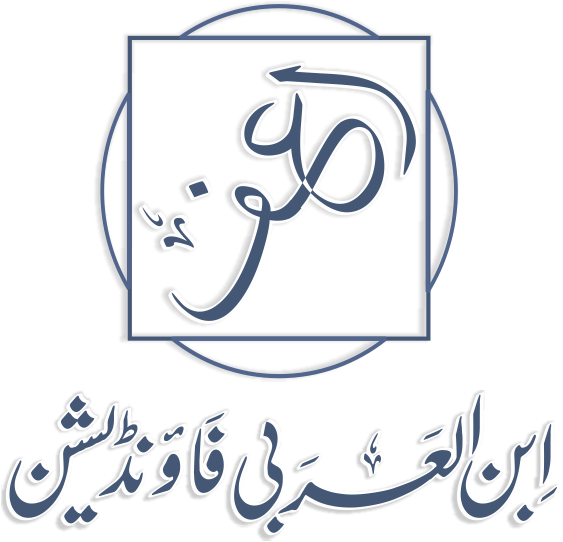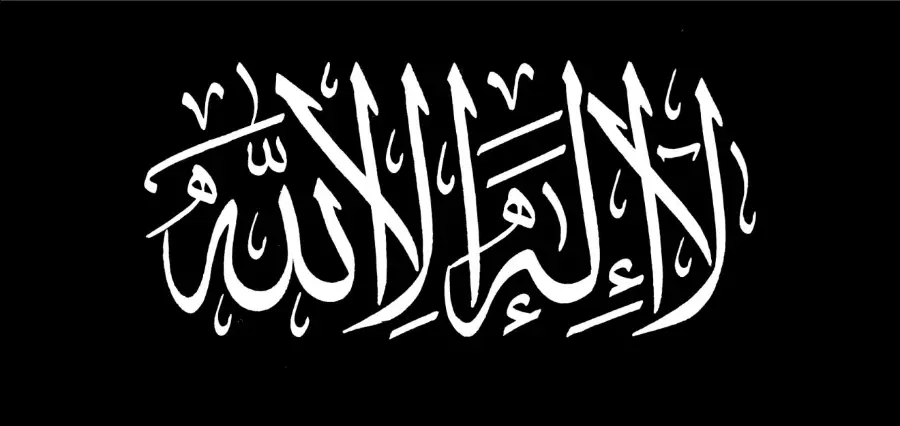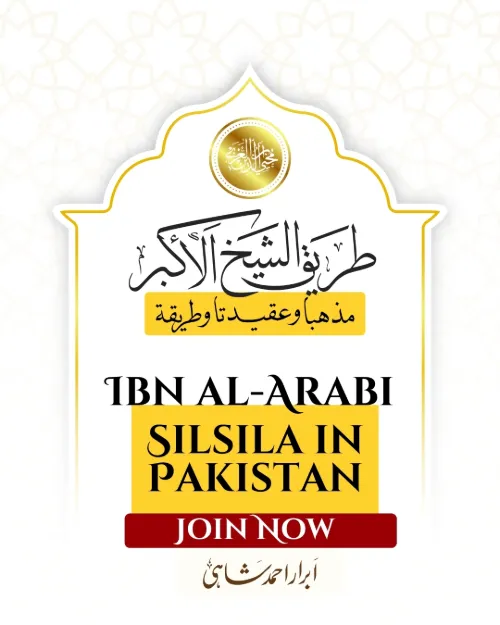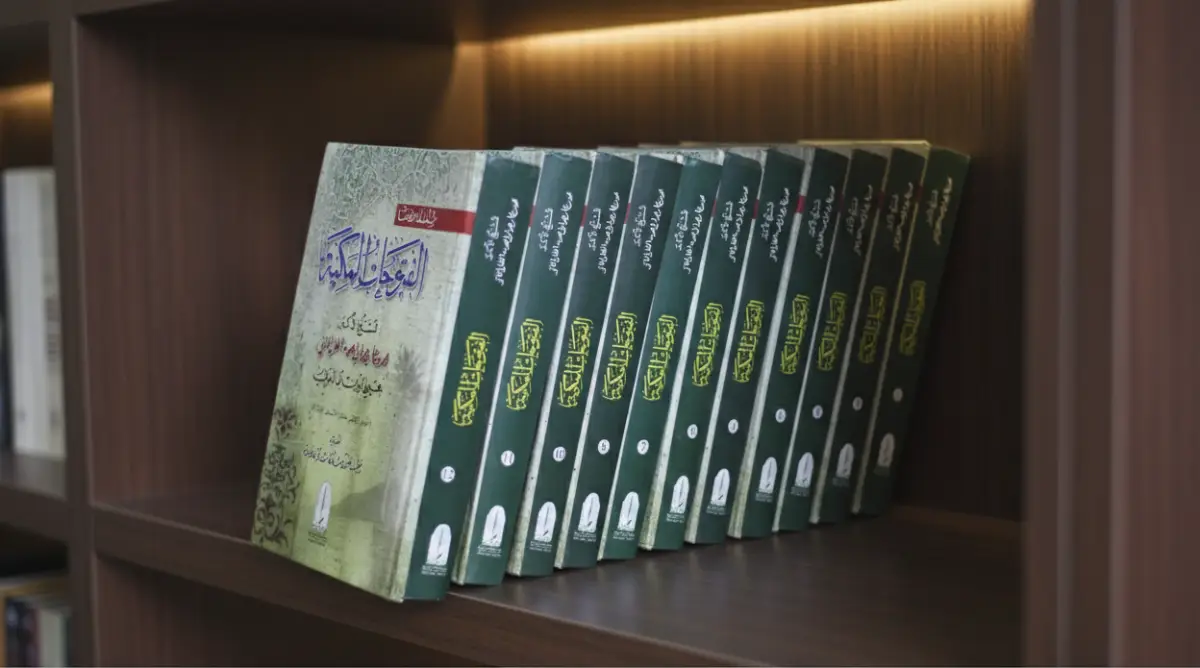Question?
Your question on the profound meaning of “La ilaha illa Allah” and its potential connection to Wahdat al-Wujud (Unity of Being) is not just a query; it is an entry point into a vast ocean of metaphysical and spiritual knowledge. Your three interpretations—”No existence but Allah,” “No existent but Allah,” and “No manifestation but Allah”—are indeed avenues that have been explored by the greatest minds in our tradition, most notably by our guide, Shaykh al-Akbar, Ibn al-Arabi. To answer your question with a simple ‘yes’ or ‘no’ would be a disservice to its depth and the rich tradition from which it comes.
Answer:
As the President of the Ibn al-Arabi Foundation, I must tell you that we have dedicated our lives and our work to precisely this exploration. The journey is not one of a single answer but of a series of revelations that unfold as we delve deeper. Ibn al-Arabi did not write just one book on this; he penned entire libraries dedicated to unraveling the layers of this very concept. His work, like Insha al-Dawair, Kitab al-Jalala, the Fusus al-Hikam and Al-Futuhat al-Makkiyya, are testament to the complexity and detail required to even begin to approach this topic. The answer is not something that can be explained in a brief response; it is a journey of knowledge. The work we do at the Foundation is a continuous effort to bring these timeless insights to a modern audience, to provide a compass for those navigating the same profound questions that you have raised.
To truly understand what is meant by “La ilaha illa Allah” in this context, one must first possess a firm grasp of the fundamental concepts that form the very fabric of this dogma. Without this foundational knowledge, any answer would be incomplete and potentially misleading. We have meticulously identified these core concepts through our years of research. They are not mere academic points but are the very keys that unlock the doors to this understanding.
Here are just a few of the foundational concepts you must contemplate:
Existence (Wujud): What is existence itself? Is it an attribute, a substance, or something else entirely? We must distinguish between the existence of the Creator and the existence of the created, exploring concepts like Necessary Existence (Wajib al-Wujud), which belongs to Allah alone, and Possible Existence (Mumkin al-Wujud), which belongs to everything else. This leads to an inquiry into the different types of existence: conceptual, mental, numerical, and external.
The Divine Names and Essence: You must understand the nature of Allah as the all-encompassing name (Ism al-Jami) and how the various Divine Names (Asma’ al-Ilahiyyah) relate to both the Divine Essence (Dhat al-Ilahiyyah) and the Absolute Essence (Dhat al-Baht). The relationship between the Names and the Essence is not one of separation but of unity in multiplicity. The Names are the very realities that manifest the cosmos.
Relationship of the Creator and Creation: How do the Divine Names relate to the created world (makhluqat)? The cosmos is not separate from the Divine; it is the arena where the Divine Names become visible. The creation is the manifestation of the Creator’s attributes.
The Nature of Being: We must also ponder if the Essence (Dhat) and Existence (Wujud) are one and the same. We must explore the different states of existence and ask if existence is the very thing that exists or if it is merely a quality. This also involves understanding the relationship between existence and non-existence, and whether they are simply relative concepts.
The Manifestor and Manifestation: The terms Zahir (the Manifestor) and Mazhar (the manifestation) are crucial. Who is the Manifestor? What is a manifestation? The most critical question is whether the Manifestor and the manifestation are identical or distinct. The saying, “There is no manifestation except Allah,” suggests a profound unity, where the created world is the visible expression of the Divine reality, not a separate entity.
As you can see, these are not small questions. Each one requires a lifetime of contemplation and study. They form a interconnected web of knowledge that, when understood, allows one to grasp the true, intended meaning of “La ilaha illa Allah” as explored by mystics like Shaykh al-Akbar. This is the path we walk at the Ibn al-Arabi Foundation, and we invite all sincere seekers to join us in this continuous journey of discovery. The answer to your question is not a final destination, but the beginning of a magnificent and illuminating journey.




